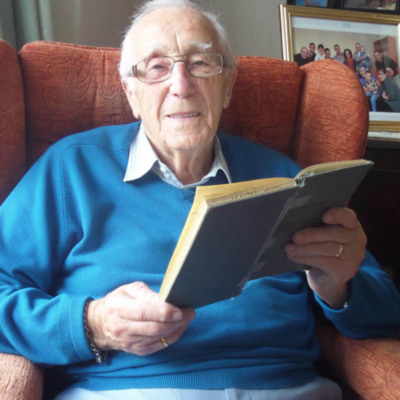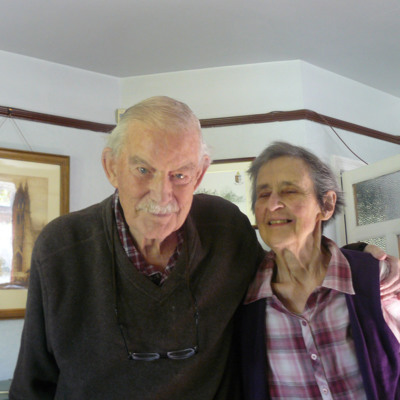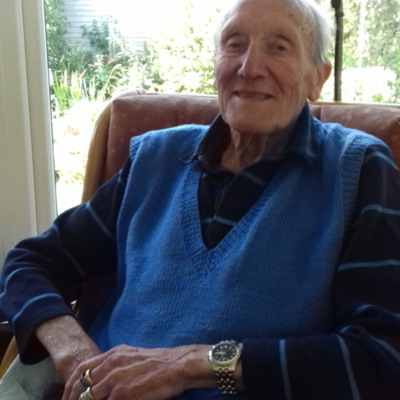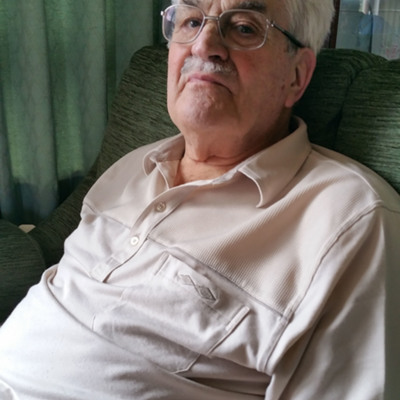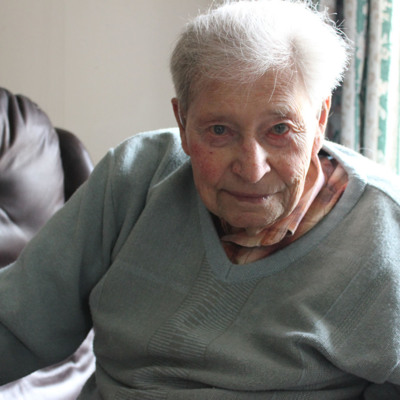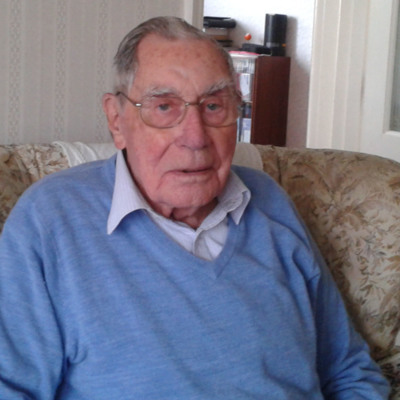Browse Items (3664 total)
- Tags: Lancaster
Ernest Smith's pilot's flying log book. Two
Tags: 100 Squadron; 12 Squadron; 144 Squadron; 16 OTU; 1662 HCU; 18 OTU; 30 OTU; 460 Squadron; 626 Squadron; air sea rescue; aircrew; Anson; bombing; bombing of Hamburg (24-31 July 1943); Distinguished Flying Cross; Hampden; Heavy Conversion Unit; Lancaster; Lancaster Mk 1; Lancaster Mk 3; Magister; mine laying; Operational Training Unit; Oxford; pilot; RAF Binbrook; RAF Bircotes; RAF Blyton; RAF Church Broughton; RAF Finningley; RAF Grimsby; RAF Hemswell; RAF Hixon; RAF Upper Heyford; RAF Wickenby; training; Wellington
Letter from David Donaldson to Air Historical Branch Air Ministry
Tags: 100 Group; 192 Squadron; bombing; Halifax; Lancaster
Letter to David Donaldson from Hank Cooper
Tags: animal; Lancaster; RAF Watton; sport
Ronald Bailey's flying log book
Tags: 158 Squadron; 1666 HCU; 425 Squadron; 90 Squadron; aircrew; bombing; bombing of Luftwaffe night-fighter airfields (15 August 1944); Cook’s tour; flight engineer; Halifax; Heavy Conversion Unit; Lancaster; Normandy campaign (6 June – 21 August 1944); RAF Lissett; RAF Stradishall; RAF Tholthorpe; RAF Tuddenham; RAF Wombleton; Stirling; tactical support for Normandy troops; training
Victor Azzaro and crew on a Lancaster
Airmen and Lancaster
Tags: aircrew; ground crew; ground personnel; Lancaster
David and the RAF
Tags: 100 Group; 149 Squadron; 15 OTU; 156 Squadron; 1667 HCU; 192 Squadron; 3 Group; 57 Squadron; aircrew; Anson; Bennett, Donald Clifford Tyndall (1910-1986); bombing; crash; Distinguished Flying Cross; Distinguished Service Order; FIDO; forced landing; Gee; Halifax; Halifax Mk 3; Heavy Conversion Unit; Hudson; Ju 88; Lancaster; Me 109; Mosquito; Operational Training Unit; P-38; Pathfinders; pilot; propaganda; RAF Brize Norton; RAF Evanton; RAF Faldingworth; RAF Feltwell; RAF Foulsham; RAF Hampstead Norris; RAF Harwell; RAF Lindholme; RAF Mildenhall; RAF Warboys; RAF West Raynham; target indicator; training; Wellington; Window
Letter to Mr HP Arrowsmith from Air Ministry
Michael James Beetham’s pilots flying log book. Two
Letter from Ian Wynn to his wife
Tags: bombing; Lancaster; RAF Pershore
Michael Beetham's pilot's flying log book. One
Tags: 50 Squadron; 57 Squadron; aircrew; Anson; bombing; bombing of Nuremberg (30 / 31 March 1944); bombing of the Juvisy, Noisy-le-Sec and Le Bourget railways (18/19 April 1944); bombing of Toulouse (5/6 April 1944); Halifax; Ju 88; Lancaster; Lancaster Finishing School; Lincoln; Normandy campaign (6 June – 21 August 1944); Operation Dodge (1945); Operation Exodus (1945); Oxford; pilot; RAF Church Lawford; RAF Cottesmore; RAF Desford; RAF East Kirkby; RAF Hunmanby Moor; RAF Market Harborough; RAF Morton Hall; RAF Skellingthorpe; RAF Swinderby; RAF Syerston; RAF Wigsley; Stearman; Tiger Moth; training; Wellington
If you can't take a joke...
Tags: 16 OTU; 1657 HCU; 622 Squadron; 84 OTU; Advanced Flying Unit; Anson; Battle; Blenheim; briefing; Distinguished Flying Cross; flight mechanic; Flying Training School; Fw 190; Gee; ground crew; H2S; Harvard; Heavy Conversion Unit; Initial Training Wing; lack of moral fibre; Lancaster; Lancaster Finishing School; Me 109; mechanics engine; military service conditions; Operational Training Unit; Oxford; perception of bombing war; RAF Bridgnorth; RAF Cranage; RAF Desborough; RAF Desford; RAF Feltwell; RAF Heaton Park; RAF Hednesford; RAF Llandwrog; RAF Mildenhall; RAF Paignton; RAF Penrhos; RAF Shepherds Grove; RAF Silloth; RAF Silverstone; RAF South Cerney; RAF Stradishall; RAF Torquay; RAF Upper Heyford; RCAF Moncton; sanitation; Stirling; strafing; training; Wellington; Whitley
Interview with Herbert James Wylde
Interview with James Stanley Wilson
Interview with Tom and Gabi Wilson
Interview with Vivian David Williams
Tags: Advanced Flying Unit; fitter engine; Flying Training School; ground crew; ground personnel; home front; Hurricane; Lancaster; mechanics engine; military service conditions; RAF Calveley; RAF Cosford; RAF Grantham; RAF Hednesford; RAF Henlow; RAF Hixon; RAF Hooton Park; RAF Kemble; RAF Lyneham; RAF Manston; RAF Martlesham Heath; RAF North Weald; RAF South Cerney; RAF St Athan; RAF Thorney Island; RAF Uxbridge; RAF Watton; searchlight; training; York
Interview with Roland Spencer Williams
Tags: 11 OTU; 1653 HCU; 75 Squadron; air gunner; aircrew; Anson; Bolingbroke; bomb struck; bombing; bombing of Helgoland (18 April 1945); Cook’s tour; crash; crewing up; Heavy Conversion Unit; Lancaster; Operation Manna (29 Apr – 8 May 1945); Operational Training Unit; perception of bombing war; RAF Mepal; RAF North Luffenham; RAF Oakley; RAF Padgate; RAF Westcott; shot down; training; Wellington
Interview with Norman Edward Wilkins
Interview with Eric Wilkin
Tags: 115 Squadron; 7 Squadron; air gunner; aircrew; anti-aircraft fire; bombing; bombing of Dresden (13 - 15 February 1945); Distinguished Flying Cross; entertainment; Ju 88; Lancaster; Lancaster Mk 2; Normandy campaign (6 June – 21 August 1944); Pathfinders; RAF Oakington; RAF Waterbeach; RAF Witchford; RAF Woodbridge; RAF Wratting Common; Stirling
Interview with Robert Whymark
Tags: 101 Squadron; 103 Squadron; 106 Squadron; 149 Squadron; air gunner; aircrew; anti-aircraft fire; bombing of Nuremberg (30 / 31 March 1944); crash; Distinguished Flying Cross; Distinguished Service Order; Hurricane; killed in action; Lancaster; missing in action; Operation Dodge (1945); RAF Debden; RAF Elsham Wolds; RAF Ludford Magna; RAF Manby; RAF Martlesham Heath; RAF Mildenhall; RAF Syerston; RAF West Freugh; Wellington
Interview with Ernest James White
Tags: 44 Squadron; 61 Squadron; 8 Group; 97 Squadron; air gunner; aircrew; bombing; bombing of Hamburg (24-31 July 1943); Botha; Cook’s tour; Lancaster; Lysander; memorial; military service conditions; Oboe; Pathfinders; RAF Bourn; RAF Graveley; RAF Morpeth; RAF Syerston; RAF Waddington; RAF Woodbridge; RAF Woodhall Spa; sanitation; searchlight; Window
Interview with Archie Weir
Interview with Jack Webster
Tags: 12 OTU; 138 Squadron; 1668 HCU; 514 Squadron; Advanced Flying Unit; aircrew; bombing; Cook’s tour; Dominie; Heavy Conversion Unit; Initial Training Wing; Lancaster; Operation Exodus (1945); Operation Manna (29 Apr – 8 May 1945); Operational Training Unit; Proctor; RAF Bottesford; RAF Chipping Warden; RAF Dumfries; RAF Feltwell; RAF Madley; RAF Tuddenham; training; wireless operator
Interview with Lacey Peter Webb
Interview with John Robert Watson
Tags: 12 Squadron; 156 Squadron; aircrew; bombing; crash; Distinguished Flying Medal; fear; flight engineer; Halifax; lack of moral fibre; Lancaster; Master Bomber; mid-air collision; military ethos; Pathfinders; RAF Faldingworth; RAF Ouston; RAF Warboys; RAF Wickenby; recruitment; searchlight; training; Wellington

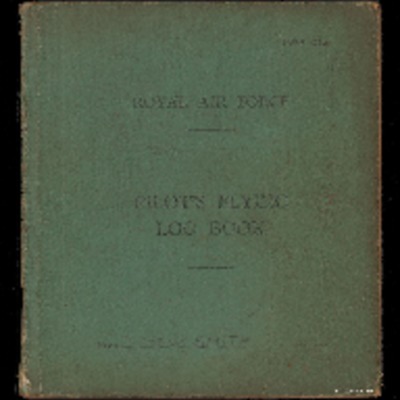
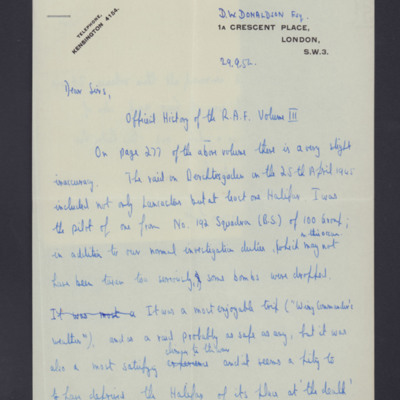
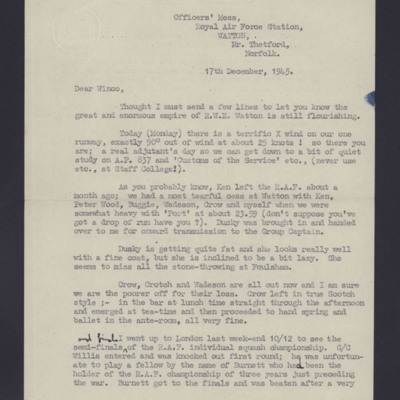
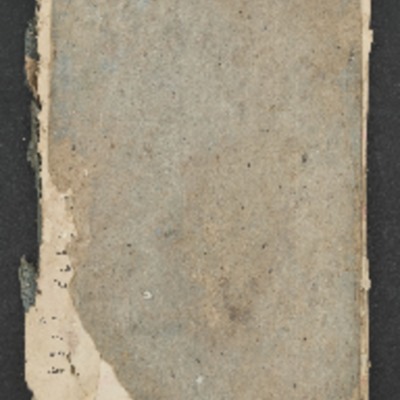
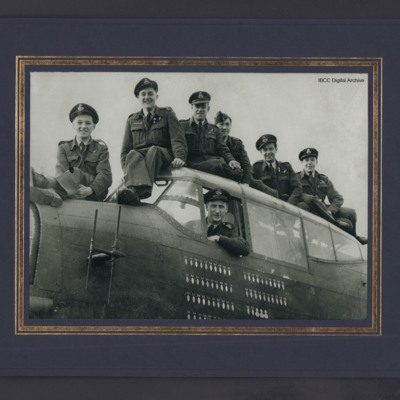
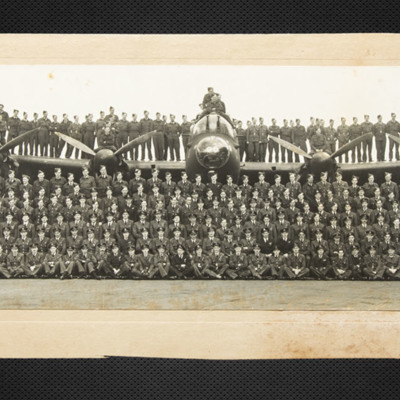
![[1]DAVID AND THE RAF2 (2).pdf [1]DAVID AND THE RAF2 (2).pdf](https://ibccdigitalarchive.lincoln.ac.uk/omeka/files/square_thumbnails/1213/11929/[1]DAVID AND THE RAF2 [2].jpg)
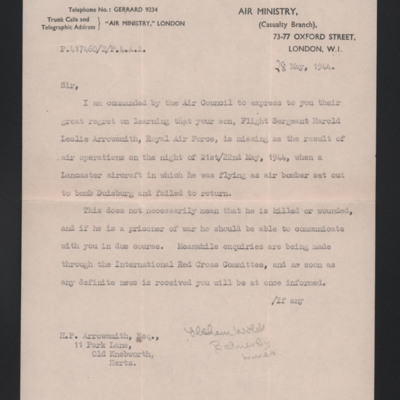
![LBeethamMJ[Ser#-DoB]v2.pdf LBeethamMJ[Ser#-DoB]v2.pdf](https://ibccdigitalarchive.lincoln.ac.uk/omeka/files/square_thumbnails/704/11895/LBeethamMJ[Ser -DoB]v2.jpg)
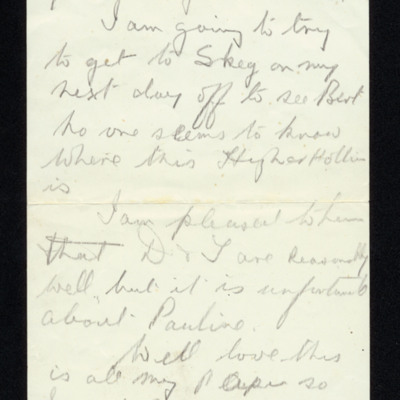
![LBeethamMJ[Ser#-DoB]v1.pdf LBeethamMJ[Ser#-DoB]v1.pdf](https://ibccdigitalarchive.lincoln.ac.uk/omeka/files/square_thumbnails/704/11815/LBeethamMJ[Ser -DoB]v1.jpg)


